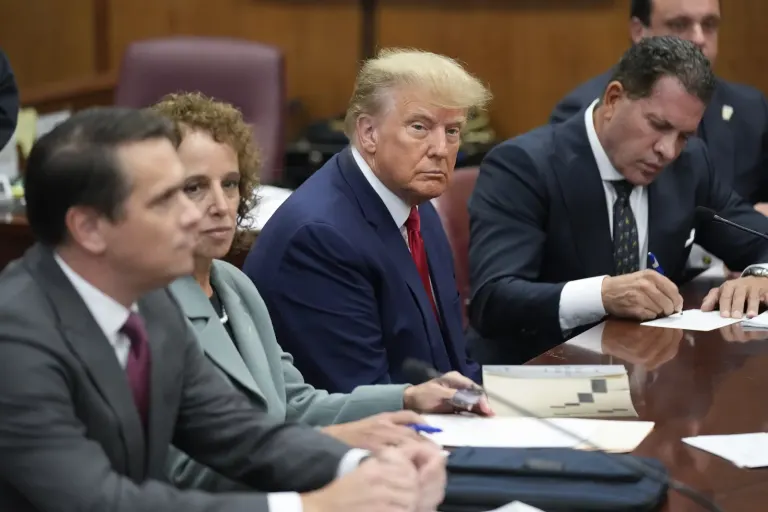News IQ shut down on Nov 8, 2024
If you have questions, email hello@playnewsiq.com.
View quiz archive

Source: Seth Winig/AP
1 of 5
Donald Trump has been indicted for the second time, becoming the first former president in U.S. history to face federal criminal charges. Which of Trump’s actions is this second indictment about?
2 of 5
In a significant 5-4 ruling, the U.S. Supreme Court reaffirmed the Voting Rights Act, striking down Republican-drawn congressional districts in Alabama. What was the primary reason?
The Voting Rights Act of 1965 was a landmark piece of legislation prohibiting racial discrimination in voting. Despite a 6-3 conservative majority, the court ruled in a 5-4 vote against Alabama, leading to a redraw of the seven congressional districts. Critics argued the mapping diluted the power of Black voters by drawing just one majority-Black district, even though there were enough voters for two seats.
3 of 5
The US is currently facing a severe shortage of chemotherapy drugs—its worst in three decades—and the FDA has begun working with a Chinese manufacturer to increase supply. Which of the following is the biggest cause of the shortage?
Many hospitals are dealing with shortages of chemotherapy drugs carboplatin and cisplatin, leaving some cancer patients unable to receive their complete regimen. A significant cause is because Intas Pharmaceuticals stopped production earlier this year after an FDA inspection revealed a “cascade of failure” in its quality control unit. The FDA has begun working with a new Chinese manufacturer to address the shortage.
4 of 5
Republicans in the House of Representatives have blocked their own party’s measures this week. What’s their primary reason?
A small group of 11 conservatives are retaliating over the debt limit deal negotiated between Speaker McCarthy and President Biden, specifically noting the failure to deliver on promises McCarhty made to conservatives during the Speakership vote in January.
5 of 5
According to the Wall Street Journal, China has reached a secret agreement to set up a spy base in this nation, drawing similarities to the Cold War and causing many to worry about China’s ability to monitor the southeastern U.S.
According to WSJ, China has agreed to pay Cuba several billions of dollars to set up an “eavesdropping station” on the island. Many U.S. officials are concerned that China will be able to use this strategic position to monitor emails, phone calls, and satellite transmissions, but a spokesperson for the National Security Council claimed the report was inaccurate.


